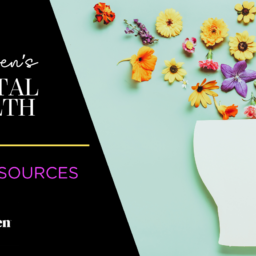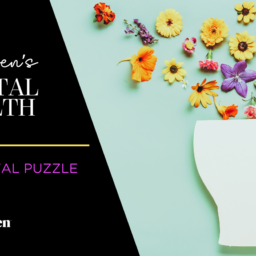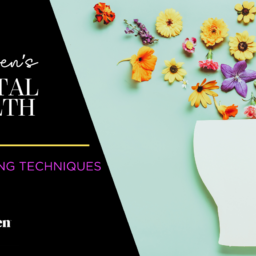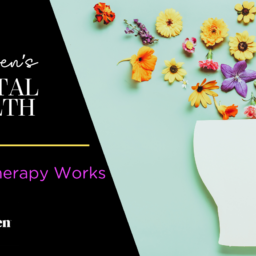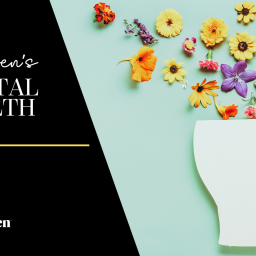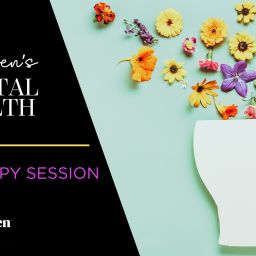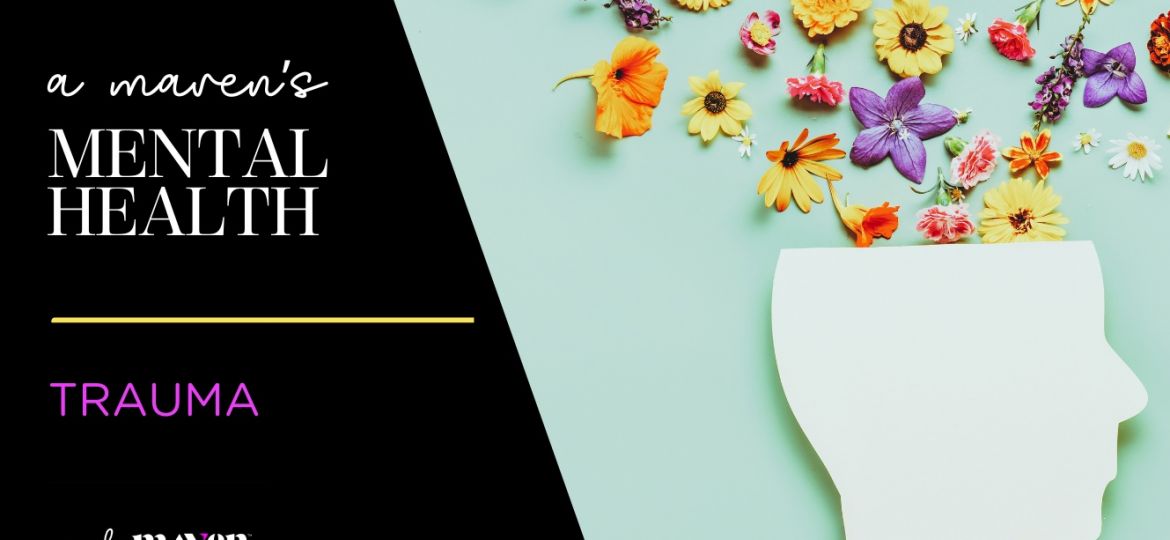
 Welcome to Indy Maven’s Mental Health column coming by way of Adair McDonald, LMHC (she/her/hers). Check out her website for information about how Adair works with clients, and to contact her directly to book a session.
Welcome to Indy Maven’s Mental Health column coming by way of Adair McDonald, LMHC (she/her/hers). Check out her website for information about how Adair works with clients, and to contact her directly to book a session.
Trauma is a concept that is evolving in our cultural consciousness, and it’s valid to wonder if you, me, or everyone is responding to trauma. Let’s break it down.
Traditional PTSD
Post-traumatic stress disorder (PTSD) is a condition that will have originated from a specific event or series of similar events. The event is significant, often life-threatening, and has a profound and lasting impact on an individual’s mental and emotional well-being. Sometimes called “big T trauma,” examples include sexual violence, natural or human-made disasters, military combat, and some childbirth experiences. Symptoms last more than a month after the incident and can include being easily startled, feeling constantly on guard, panic attacks, disturbing thoughts and images that can’t be controlled, nightmares, flashbacks, depression, and sometimes severe impact on functioning, such as not being able to work or maintain healthy relationships. PTSD exists on a spectrum. Some may struggle with symptoms for many years, while others might be able to seek treatment or simply move on from a “single incident trauma” and return to baseline quite quickly.

Complex PTSD
When negative experiences occur over time and cause a lasting impact on a person’s beliefs about themselves or the world around them, they may develop C-PTSD. In these cases, the traumatic incidents may or may not include “big T” events, but there will have been “little t traumas.” Examples of “Little t traumas” are emotional or spiritual abuse, bullying, emotional neglect, racism, and not being believed. Symptoms include being overly guarded or excessively heightened in negative emotions, numbing behaviors, difficulties with trust, low self-image, and/or a lack of personal identity. When I worked in a shelter for survivors of interpersonal violence, I discovered that the aftermath of traumatic events varies widely among survivors. Many shared that while near-fatal experiences (“big T”) made them eligible for assistance with basic needs, it was the ongoing manipulation and gaslighting (“little t”) that haunted them the most. Those who had endured a difficult childhood before becoming victims of abusive romantic partners often struggled to recognize the harmful nature of their relationships until it became undeniable. Due to childhood trauma, these individuals had grown to accept harm and love as two sides of the same coin.
Creative Adjustments
Some survivors appear well-adjusted and even highly successful. However, they may have experienced a childhood lacking validation and support, an exceedingly toxic work or academic environment, or a culture that suppresses their voice. To cope, they may adopt workaholism, perfectionism, or conflict avoidance to feel some semblance of peace. In Gestalt therapy, these ways of “over-functioning” are called creative adjustments. For some, it is empowering to think of these as trauma responses that, therefore, can be changed with adequate insight and coping skills. Some will say we all have trauma. While experiencing an event meeting PTSD criteria is unfortunately common, the extent to which individuals feel haunted by such events or a series of “little t” traumas varies significantly. It is probably some combination of nurture and nature that leads to how we cope and function because of or despite these events. But certainly, for all of us, it is beneficial to slow down and learn whether our habitual patterns and responses truly serve us, our loved ones, and our community.
Healing

If you believe you are carrying wounds from your past that inform your thoughts, feelings, and behaviors, there are so many ways to get better. First, get honest with yourself about the experiences that have affected you and offer yourself some kindness and validation. If you seek therapy, know that despite what Google might tell you, many tools and approaches can help. Different techniques work for other people, but the main thing is that your therapist understands how to work with trauma, works to make you feel heard and understood, and will collaborate with you to choose the best route to go. Also, know that you do not have to go into your first session with plans to talk all about the worst things that have ever happened to you. While that relieves some, others prefer to wait and build trust while focusing more on the present or prefer approaches that require less discussion and more imagination, such as EMDR, Gestalt, IFS, ART, and many more. If I didn’t say the one you’re familiar with, don’t worry. The theory or technique is only one aspect of all this. Getting into your body can also be extremely valuable for those looking to heal. Emotions live in the body and can be released by listening to your body and responding in kind. This can be done with a therapist who understands and utilizes some somatic approaches (for example, helping you learn to feel emotion in your body). It can also be done on your own if you give yourself permission. I find deep breathing, laughter, physical affection, walking, and yoga to be excellent ways of releasing the secondary trauma that sometimes comes to those of us who sit with the pain and shame held by others. Some folks recoil at the idea that they have trauma, especially if they are comparing themselves to soldiers or survivors of domestic violence. Trauma certainly hits some harder than others, and it is essential to recognize that some people will need more time and tools to heal. If the belief “I haven’t suffered enough” inhibits you or someone you care about from seeking help, remember that gaining insight and learning coping strategies benefits yourself and those around you. Whether you label it trauma or simply acknowledge that you’ve endured challenges, you deserve the space and time to care for yourself and learn new ways of experiencing your humanity.
Adair McDonald, LMHC (she/her/hers) can help with healing trauma, anxiety and panic, pregnancy and postpartum emotions, relationships, adult ADHD, and getting unstuck, among other things. You can book a session with her directly at adairmcdonald.com. Disclaimer: Adair is not a prescriber and this isn’t medical advice.
All of our content—including this article—is completely free. However, we’d love if you would please consider supporting our journalism with an Indy Maven membership.
















